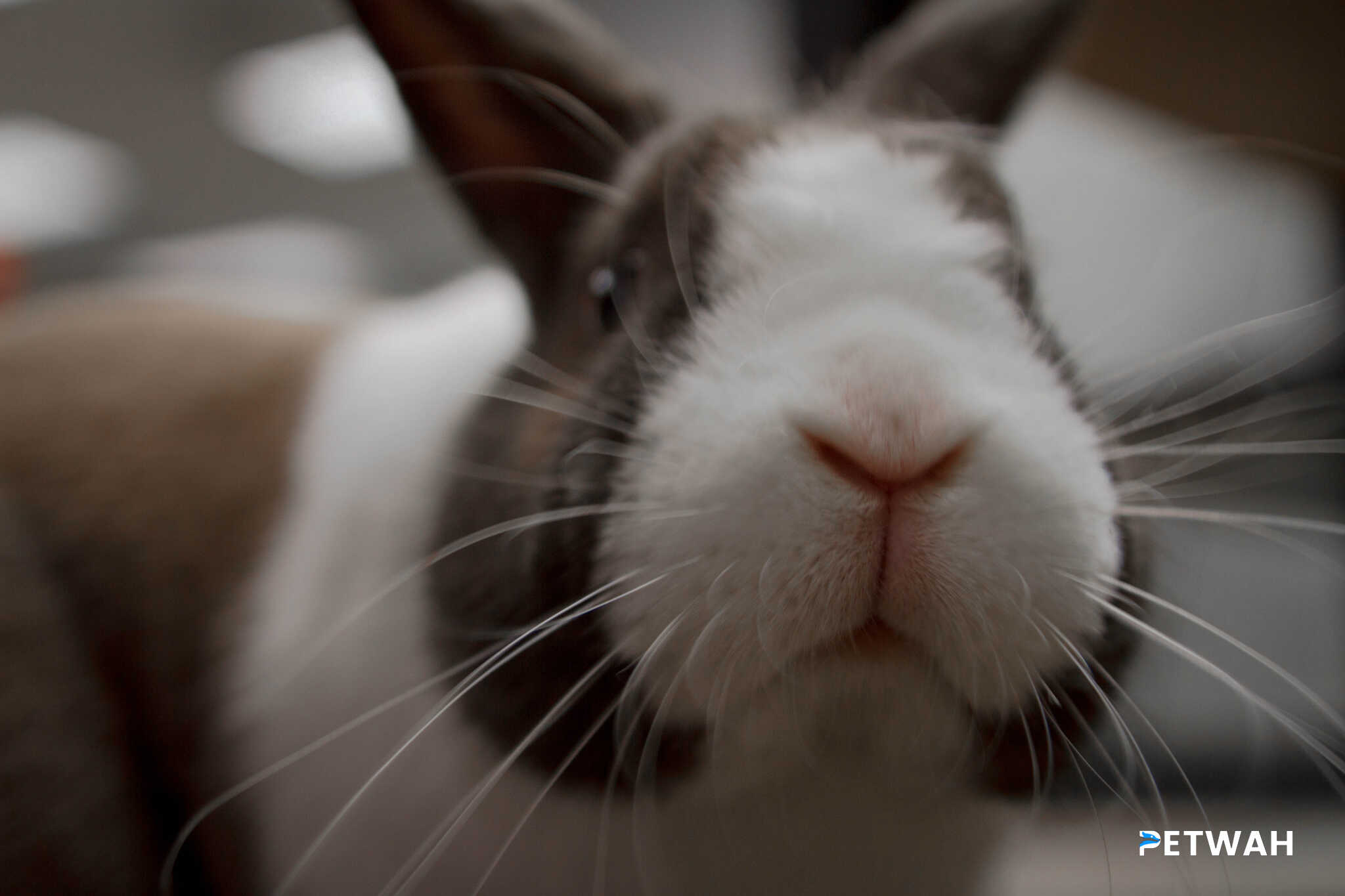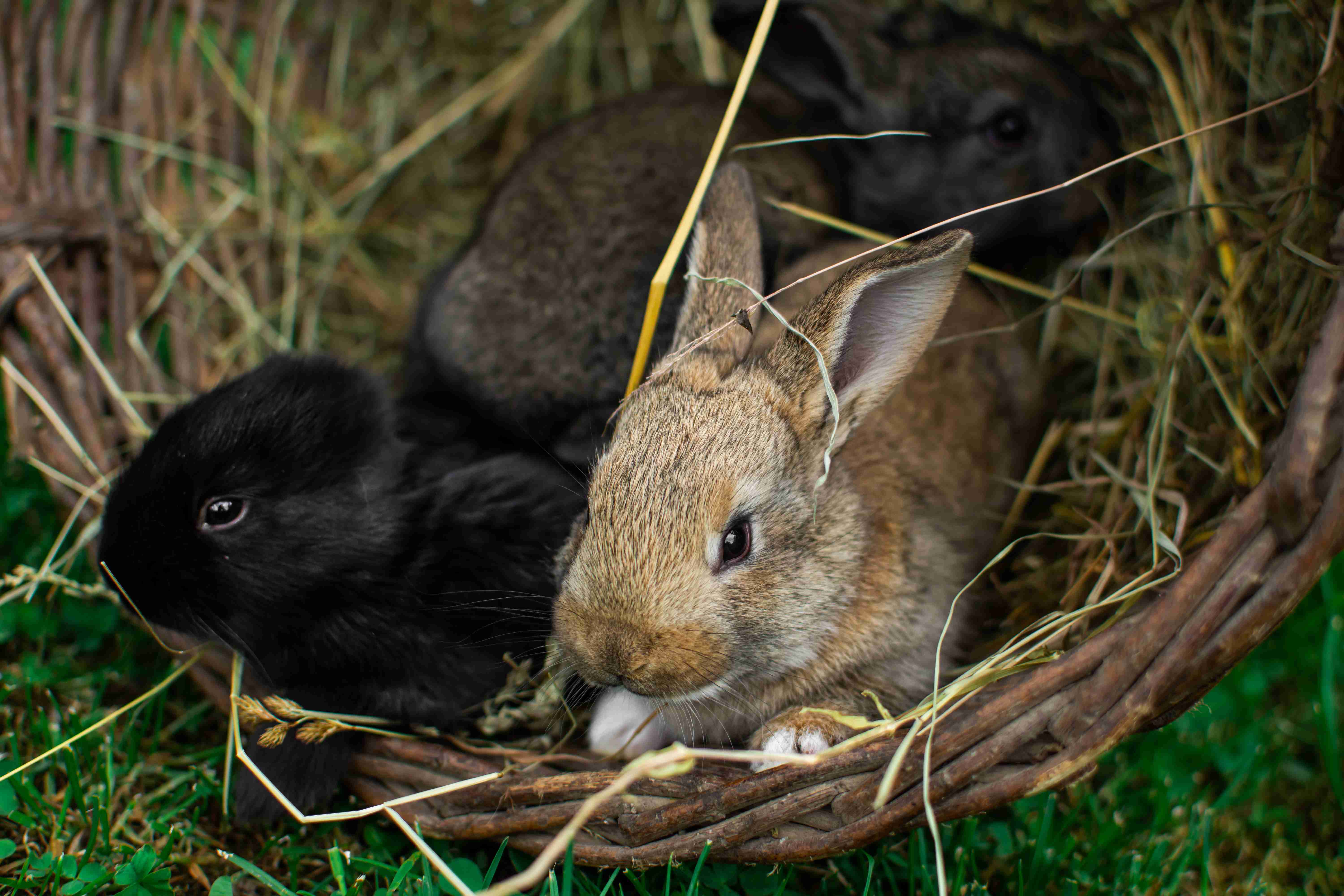Rabbits are cute, fluffy, and make wonderful pets. But just like any other animal, rabbits can fall ill. As a responsible rabbit owner, it’s important to be aware of the common health problems that rabbits face. From dental issues to digestive problems, rabbits can suffer from a variety of health problems that can impact their quality of life. In this blog post, we’ll explore 10 common health problems in rabbits, their symptoms, treatments, and prevention. Whether you’re a seasoned rabbit owner or a newbie, this post is a must-read for anyone who wants to keep their furry friend healthy and happy. So, let’s dive in and learn about the top health concerns that can affect your beloved bunny.
and-hip-dysplasia/”>As a rabbit owner, it is important to be aware of the various health problems that your furry pet may face. Rabbits are prone to certain illnesses that can be prevented or treated effectively if detected early. In this blog post, we will discuss the 10 most common health problems that rabbits face, their symptoms, treatments, and prevention measures.
1. Dental Problems:
Rabbits’ teeth grow continuously throughout their lives, and if their diet does not wear them down, they can overgrow, causing pain, difficulty eating, and even abscesses. Signs of dental problems include drooling, weight loss, and a lack of appetite. To prevent dental issues, ensure your rabbit has a healthy diet and access to hay to wear down their teeth. If you suspect dental issues, take your rabbit to a veterinarian for treatment.
2. GI Stasis:
Gastrointestinal stasis is a common problem in rabbits that occurs when the digestive system slows down or stops entirely. It can be caused by a poor diet, lack of exercise, stress, or dehydration. Symptoms include a lack of appetite, lethargy, and decreased fecal output. To prevent this, provide your rabbit with a healthy diet, fresh water, and plenty of exercise. Treatment may include medication, fluid therapy, and a change in diet.
3. Respiratory Infections:
Rabbits are susceptible to respiratory infections caused by bacteria, viruses, or fungi. Symptoms include sneezing, coughing, discharge from the eyes or nose, and difficulty breathing. To prevent respiratory infections, keep your rabbit’s environment clean and avoid exposing them to cigarette smoke or other irritants. Treatment may include antibiotics or antifungal medication.
4. Ear Infections:
Ear infections are common in rabbits, especially those with long ears. Symptoms include head tilting, loss of balance, and a lack of appetite. To prevent ear infections, keep your rabbit’s ears clean and dry. Treatment may include antibiotic or antifungal medication.
5. Myxomatosis:
Myxomatosis is a viral disease that is often fatal in rabbits. It is spread by fleas, mosquitoes, and other biting insects. Symptoms include swelling around the eyes, nose, and mouth, and fever. There is no cure for myxomatosis, but vaccination can prevent it.
.jpg)
6. Pasteurellosis:
Pasteurellosis is a bacterial infection that affects rabbits’ respiratory systems. It is contagious and can be spread through contact with infected rabbits or their environment. Symptoms include sneezing, coughing, and discharge from the eyes or nose. Treatment may include antibiotics, but prevention through vaccination is the best approach.
7. E. Cuniculi:
E. cuniculi is a microscopic parasite that can affect rabbits’ nervous systems and kidneys. Symptoms of E. cuniculi include head tilt, seizures, and decreased appetite. It can be transmitted through urine or contaminated food and water. Treatment may include medication, but prevention through cleanliness and good hygiene is the best approach.
8. Skin Problems:
Rabbits can develop skin problems such as fur mites, ringworm, and abscesses. Symptoms include hair loss, scabs, and itchiness. To prevent skin problems, keep your rabbit’s environment clean and provide good nutrition. Treatment may include medication or surgery.
9. Heat Stroke:
Rabbits are sensitive to high temperatures and can easily suffer from heatstroke. Symptoms include rapid breathing, lethargy, and a lack of appetite. To prevent heatstroke, keep your rabbit’s environment cool and provide access to plenty of fresh water.
10. Injury:
Rabbits are prone to injuries, especially those caused by falls or accidents. Symptoms include limping and difficulty moving. To prevent injuries, provide a safe environment for your rabbit and supervise them when they are out of their enclosure. Treatment may include medication or surgery.
Overall, it is crucial to be aware of the common health problems that rabbits face to prevent them from occurring or to detect them early when they do occur. Providing a healthy diet, clean environment, and proper care can go a long way in ensuring your furry friend stays healthy and happy. If you suspect your rabbit is unwell, seek veterinary care immediately.
In conclusion, it is important to be aware of the common health problems that rabbits face and to take necessary steps to prevent and treat them. Regular check-ups with a veterinarian, maintaining a healthy diet, providing a clean living environment, and observing changes in behavior or physical appearance can go a long way in ensuring the well-being of your furry friend. By being a responsible and attentive rabbit owner, you can help your pet live a happy, healthy, and long life.


.jpg)
.jpg)
.jpg)

.jpg)
